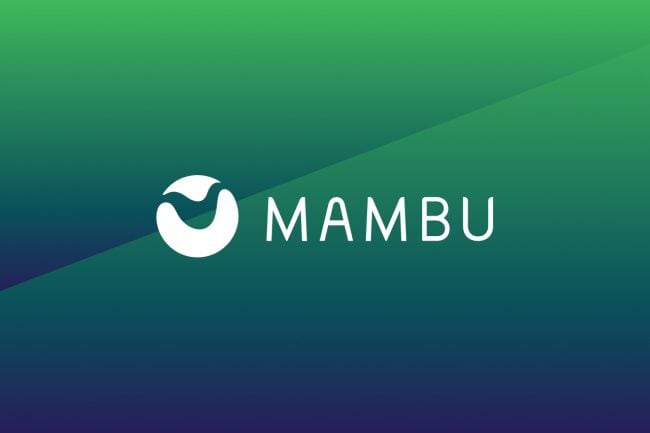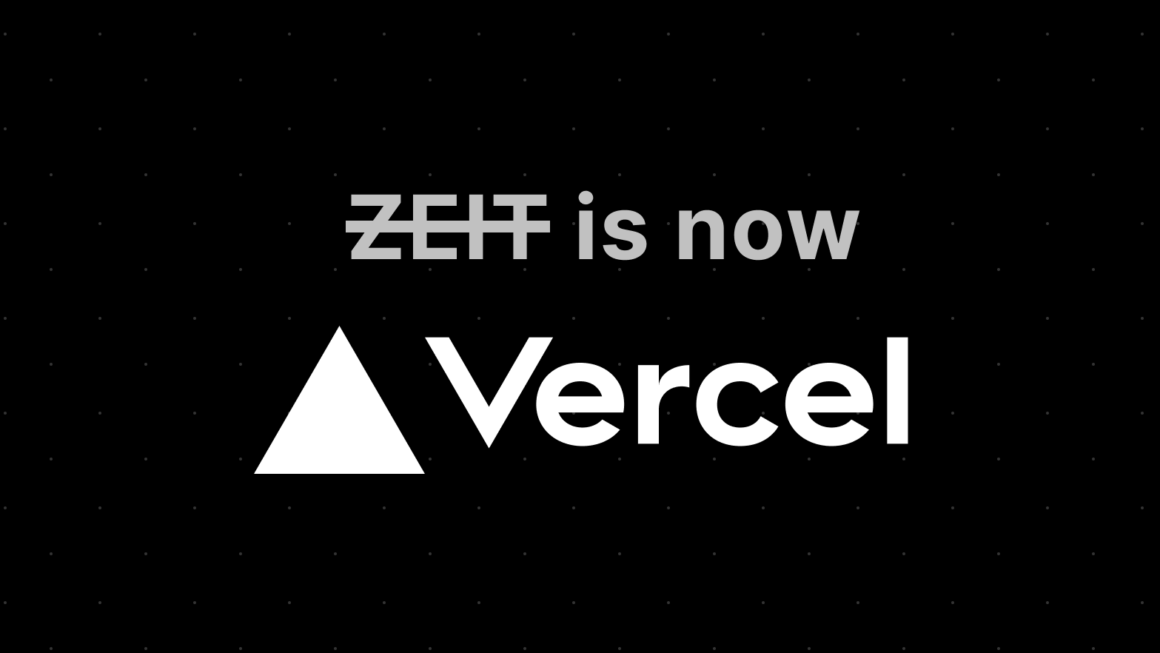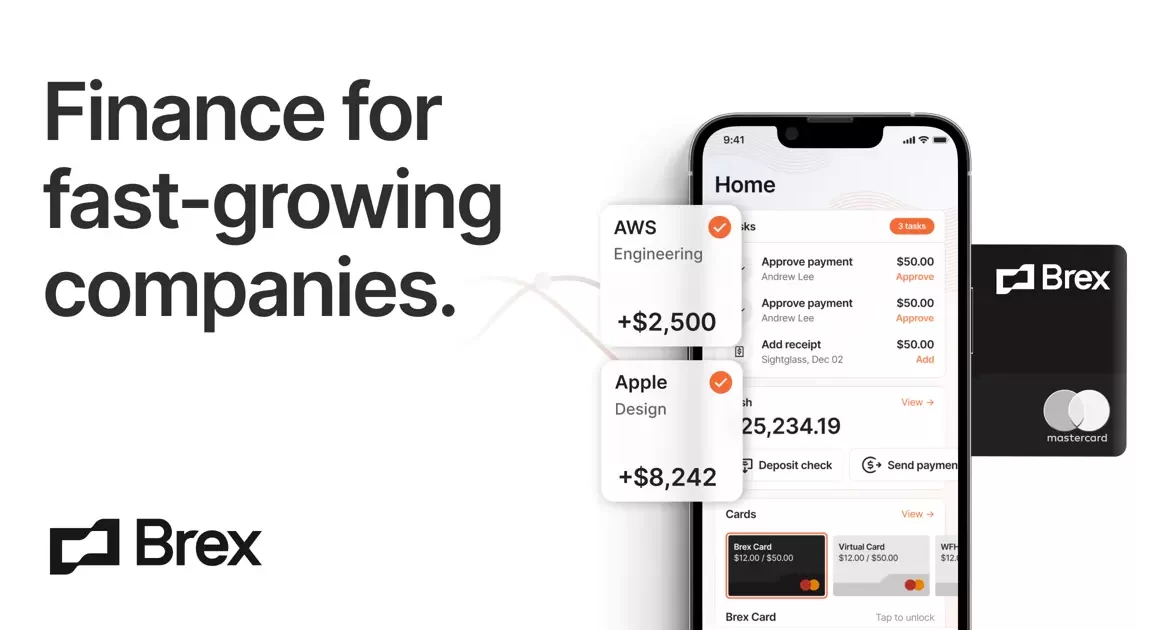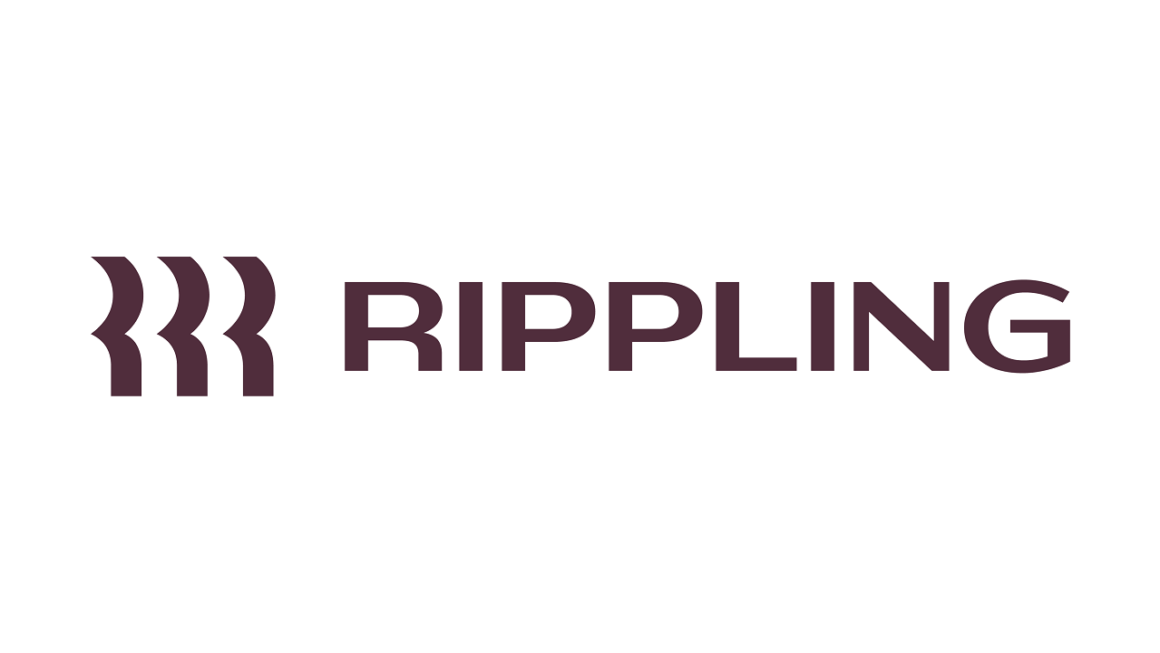Mambu is a cloud-native, API-driven banking and financial services platform. It is a software-as-a-service (SaaS) solution that allows banks, fintechs, and other financial institutions to quickly and easily launch and scale their businesses.
Mambu was founded in 2011 by Eugene Danilkis and Frederik Pfisterer, who saw a need for a more agile and flexible banking platform. Together, they set out on a mission to transform the way financial services are delivered and make banking accessible to all through innovative cloud-based solutions. The company is headquartered in Amsterdam, with offices in Berlin, London, New York, and Singapore. The name “Mambu” was inspired by the Bantu language, meaning “thoughtful” and “caring,” reflecting the company’s commitment to creating thoughtful and customer-centric solutions for the financial sector.
At its core, Mambu is a Software-as-a-Service (SaaS) platform, designed to be flexible, scalable, and easy to integrate, making it an ideal choice for both traditional banks seeking digital transformation and emerging financial players eager to launch cutting-edge products swiftly. The platform covers a wide spectrum of financial services, including loan origination, deposit management, payments, and digital banking, enabling its clients to create customized and customer-centric banking experiences.
Mambu’s platform is used by a wide range of financial institutions, including banks, fintechs, microfinance institutions, and neobanks. Some of Mambu’s customers include:
- Bank of China
- ABN AMRO
- Klarna
- Tala
- Branch
Mambu has raised over $446 million in funding, and is valued at over $5.5 billion. The company is well-positioned to continue to grow in the years to come, as the demand for cloud-based banking platforms continues to grow.
Here are some of the key benefits of using Mambu:
- Scalability: Mambu’s platform is designed to be scalable, so you can easily add new features and users as your business grows.
- Security: Mambu’s platform is secure, and it meets the highest regulatory standards.
- Compliance: Mambu’s platform is compliant with the latest regulatory standards, so you can be confident that your business is in compliance.
- Flexibility: Mambu’s platform is flexible, so you can customize it to meet the specific needs of your business.
- Cost-effectiveness: Mambu’s platform is cost-effective, so you can save money on your IT costs.
Founding History and Founders of Mambu
Mambu was founded in 2011 by Eugene Danilkis and Frederik Pfisterer. Together, they set out on a mission to transform the way financial services are delivered and make banking accessible to all through innovative cloud-based solutions.
The journey began with Eugene Danilkis, a Canadian entrepreneur with a background in computer science and a passion for technology-driven solutions. He realized the immense potential of cloud computing in the financial sector and saw an opportunity to create a platform that would empower financial institutions to adapt quickly to changing market demands and improve customer experiences. This idea laid the foundation for what would become Mambu.

Frederik Pfisterer, an Austrian technology expert with extensive experience in enterprise software, joined forces with Eugene to bring the vision to life. Frederik’s expertise in developing scalable and robust software systems was instrumental in shaping the platform’s architecture. Together, they aimed to build a flexible, agile, and easily customizable solution that would challenge traditional banking models and accelerate digital transformation in the financial industry.

In 2011, Mambu officially launched its cloud-native banking platform, offering services that included loan management, deposit management, and digital banking. The platform’s open API architecture allowed for easy integration with third-party systems and applications, facilitating seamless collaboration with other FinTech startups and technology providers. This approach significantly accelerated the speed at which financial institutions could innovate and bring new products and services to market.
Over the years, Mambu’s platform gained widespread recognition, attracting a global clientele from more than 60 countries, including renowned financial institutions and FinTech disruptors. The company’s growth and success have been driven not only by its cutting-edge technology but also by its commitment to providing exceptional customer support and fostering strong partnerships with its clients.
As Mambu continues to shape the future of financial services, its founding team, led by Eugene Danilkis and Frederik Pfisterer, remains dedicated to its original mission of creating a world where banking is accessible to all through technology-driven solutions. They continue to lead the charge in democratizing finance and empowering financial institutions to adapt, innovate, and thrive in an ever-changing industry.
Business Model of Mambu
Mambu operates on a business model that centers around providing cloud-based banking and lending solutions to financial institutions and FinTech companies. Their platform is designed to be flexible, scalable, and easily customizable, allowing their clients to offer innovative and customer-centric financial services to their end-users. Let’s delve into the key aspects of Mambu’s business model in detail:
Software-as-a-Service (SaaS) Platform: Mambu follows a Software-as-a-Service (SaaS) model, offering its banking and lending solutions through the cloud. This means that clients can access and use Mambu’s platform over the internet without the need for installing or maintaining on-premises infrastructure. This cloud-based approach allows for easy implementation, faster time-to-market, and reduces operational costs for financial institutions.
Modularity and Customization: Mambu’s platform is highly modular, enabling clients to select and integrate the specific features they need for their unique business requirements. Financial institutions can customize the platform to suit their branding, product offerings, and customer experience. This adaptability empowers clients to stay agile and respond quickly to changing market demands, providing a competitive edge in the ever-evolving FinTech landscape.
Open API Architecture: Mambu adopts an open API architecture, allowing seamless integration with third-party systems, applications, and other FinTech services. This open ecosystem enables collaboration with a wide range of partners, including payment processors, credit scoring agencies, and other FinTech startups, fostering innovation and expanding the functionality of Mambu’s platform. The open API approach enables Mambu’s clients to create holistic and comprehensive solutions that cater to their customers’ diverse needs.
Pay-as-You-Grow Pricing Model: Mambu follows a flexible and scalable pricing model based on a pay-as-you-grow approach. This means that clients are charged according to their usage and scale of operations. As clients grow and expand their business, they can seamlessly scale up their usage of Mambu’s platform, ensuring that costs are aligned with business growth and revenue generation.
Overall, Mambu’s business model revolves around delivering a cloud-based, modular, and open platform that empowers financial institutions and FinTech companies to stay agile, innovate, and meet the diverse needs of their customers in an ever-changing financial landscape. By combining technology, customization, and exceptional support, Mambu continues to be a leading force in driving digital transformation within the financial industry.
Revenue Streams of Mambu
Mambu generates revenue through a combination of subscription-based pricing, professional services, and value-added features. Let’s explore each of these revenue streams in detail:
Subscription-Based Pricing: The primary revenue stream for Mambu comes from subscription-based pricing for its cloud banking platform. Financial institutions and FinTech companies pay a recurring fee to access and utilize Mambu’s SaaS platform. The subscription fees are typically based on the scale of usage and the specific features and modules that clients choose to include in their customized solutions.
Mambu offers various subscription tiers, allowing clients to select the level of functionality and services that align with their business needs and growth aspirations. As clients expand their operations or introduce new products, their subscription fees can be adjusted accordingly to accommodate the increased scale and usage.
Professional Services: In addition to its core SaaS platform, Mambu generates revenue through professional services. These services include onboarding, implementation, training, and technical support provided to clients during the initial stages of adopting the Mambu platform. The professional services team at Mambu works closely with clients to ensure a smooth and successful integration of the platform into their existing systems and processes.
Furthermore, Mambu offers ongoing technical support and assistance to its clients, ensuring that they can make the most of the platform and address any challenges or queries that may arise during their usage. The revenue from professional services helps complement the subscription-based model and adds value to the overall customer experience.
Value-Added Features and Modules: Mambu offers a range of value-added features and modules that clients can opt for to enhance their banking and lending services. These additional functionalities go beyond the core offering of the SaaS platform and may include specialized tools for compliance, risk management, reporting, or customer analytics.
By offering value-added features, Mambu caters to the unique needs of its diverse clientele and empowers them to differentiate their offerings in the market. The revenue generated from these add-on features contributes to the overall profitability of Mambu’s business.
Partner Ecosystem: Mambu operates an open API architecture, encouraging collaboration with a diverse range of partners, including other FinTech startups, technology providers, payment processors, and credit scoring agencies. As part of its partner ecosystem, Mambu may enter into revenue-sharing agreements or referral partnerships with selected collaborators. These arrangements allow Mambu to access additional revenue streams while expanding its product offering and ecosystem reach.
In 2022, Mambu’s subscription fees accounted for 75% of its revenue, professional services accounted for 15% of its revenue, and partnerships accounted for 10% of its revenue.
Overall, Mambu’s revenue streams are diverse and well-aligned with its core business model. The combination of subscription-based pricing, professional services, value-added features, partnerships, and global expansion enables Mambu to drive sustainable revenue growth while providing innovative cloud banking solutions to financial institutions and FinTech companies worldwide.
Valuation, Funding and Investors of Mambu
Here is an explanation of the valuation, funding, and investors of Mambu:
Valuation: Mambu is currently valued at $5.5 billion after Mambu raised €235 million in a Series E funding round in December, 2021.
Investors: Mambu has raised over $446 million in funding from a variety of investors, including:
-
- Bessemer Venture Partners
- Runa Capital
- Acton Capital Partners
- EQT Growth
- TCV
- Tiger Global
- Arena Holdings
Funding: Mambu’s investors include a variety of leading venture capital firms and financial institutions. These investors are attracted to Mambu’s strong product, growing customer base, and clear path to profitability.
Mambu’s valuation, funding, and investors are all strong indicators of the company’s potential for growth. The company is well-positioned to continue to grow in the years to come, as the demand for cloud-based banking platforms continues to grow.
Here is a table of Mambu’s funding rounds:
| Round | Date | Amount | Investors |
|---|---|---|---|
| Series A | Dec, 2015 | $1.8 million | Bessemer Venture Partners, Runa Capital |
| Series B | Jan, 2016 | €15 million | Bessemer Venture Partners, Runa Capital, Acton Capital Partners |
| Series C | Feb, 2019 | €30 million | Bessemer Venture Partners, Runa Capital, Acton Capital Partners, Arena Holdings, CommerzVentures |
| Series D | Jan, 2021 | $130 million | TCV, Bessemer Venture Partners, Tiger Global, Acton Capital Partners, Arena Holdings |
| Series E | Dec, 2021 | $266 million | EQT Growth, Tiger Global, Arena Holdings, Bessemer Venture Partners, Runa Capital, Acton Capital Partners |
Also Read: Back Market – Founders, Business & Revenue Model, Funding
To read more content like this, subscribe to our newsletter



